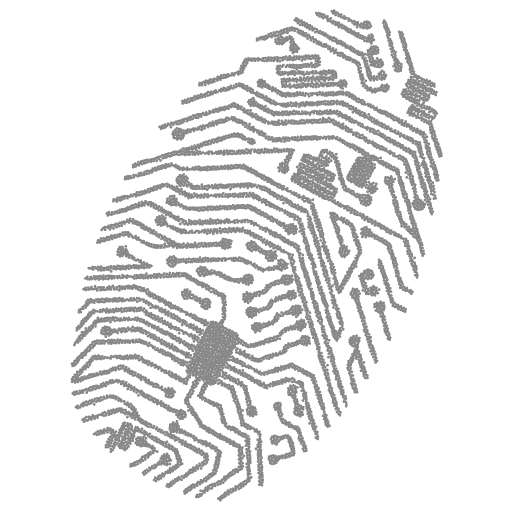While most countries have not given any thought yet to regulations governing artificial intelligence, and the European Union is only at the stage of adopting resolutions recognising the need to examine this topic, Estonia is not only drafting its own legal act but wants the law to be exceptionally innovative.
new tech law blog

Estonia plans the boldest AI regulations
How may we regulate the blockchain?
Many people assume that the approach for regulating the blockchain should be similar to that for many other new technologies. First, it has to be well understood, before adapting traditional regulations to it. This assumption will not work with the blockchain. A whole new approach is required. It is important to realise this, because otherwise it will lead to a number of misunderstandings.
Decentralised exchanges (DEX-es)
The rapid growth of decentralised exchanges poses new challenges for market regulators and raises new legal questions.
One of the key attributes of blockchains is the ability to achieving a consensus in distributed networks. This allows the Bitcoin network transaction record to be maintained by thousands of servers across the world, without any centralised coordination. It also makes it possible for complex smart contract transactions (such as ones on the Ethereum platform) to be entered into and executed directly by network users.
Are parents entitled to access the Facebook account of a deceased child?
In 2012 a 15-year-old girl was killed when she was hit by a train in the Berlin metro. Not knowing whether the death of her daughter was suicide or an accident, her mother decided to log on to her daughter’s Facebook account and read her messages in the hope that this would resolve the matter.
After attempting unsuccessfully to guess the password, the mother asked Facebook to provide her with her daughter’s details and allow her to read private conversations. Facebook refused to grant access to the account, which had been changed to a “memorialised” account. In effect the account was frozen, and the timeline was being used as a place for friends to share memories of the deceased girl.
Technology and its discontents
Any new technology that gains universal application changes the existing world. The reconfiguration occurs imperceptibly but thoroughly. But in this new reality, how should the rule of law, values essential to the civil society and human rights be protected?
A new economic reality functioning in cyberspace has arisen before our very eyes. Human activity, both positive and negative, is moving to the virtual arena that functions above and beyond state borders. Consequently we must develop the skill to adapt familiar legal institutions to this new reality.
The interdisciplinary New Technologies practice has functioned at our law firm for several years. The lawyers on the team share a passion for examining technical issues and their influence on the possibility of effectively protecting the rights of citizens and the civil society—and a belief that lawyers must raise their awareness of new technologies.
Infringements of intellectual property rights in augmented reality
The physical reality around us is transforming almost imperceptibly into augmented reality (AR). So far, most of us associate the latter mainly with the entertainment industry (such as, say, PokemonGo). Meanwhile, augmented reality may become ubiquitous and permanent – something that cannot be switched off by closing an application or removing AR glasses.








